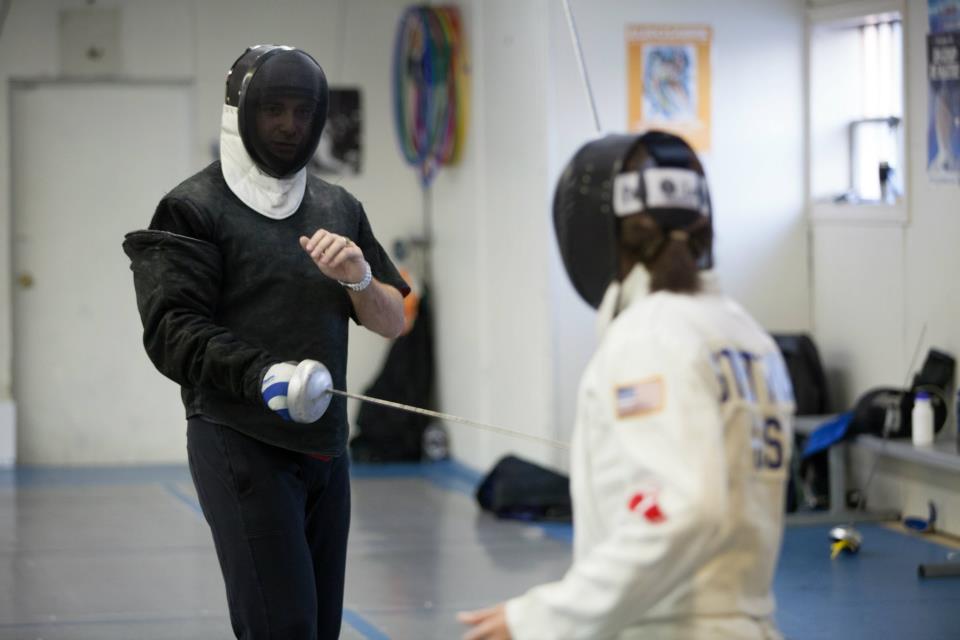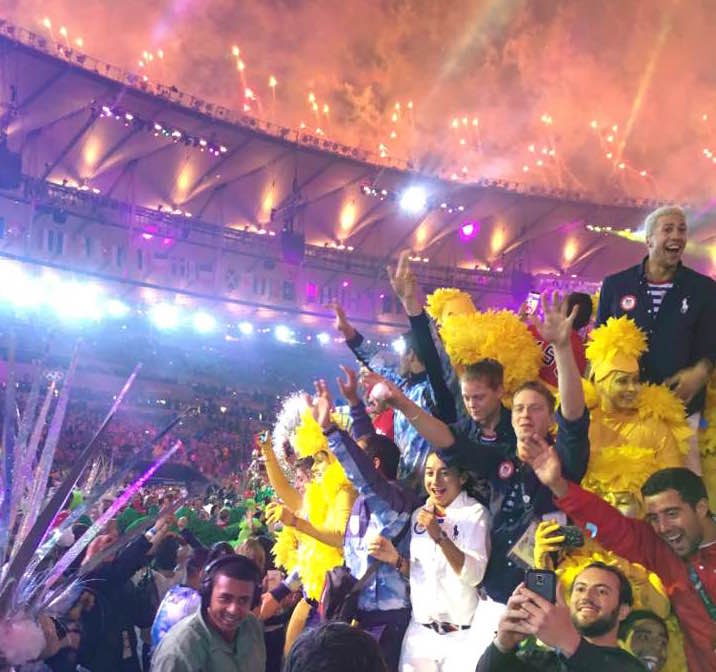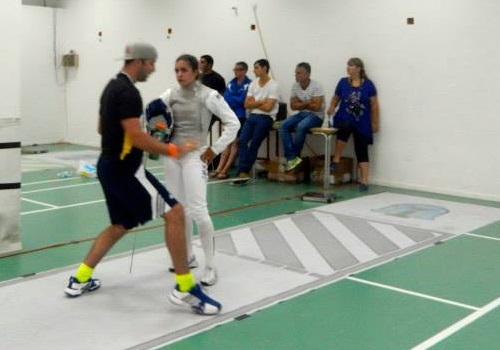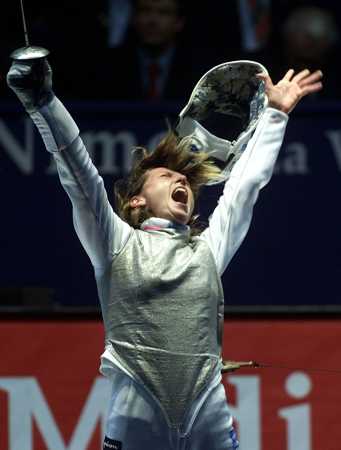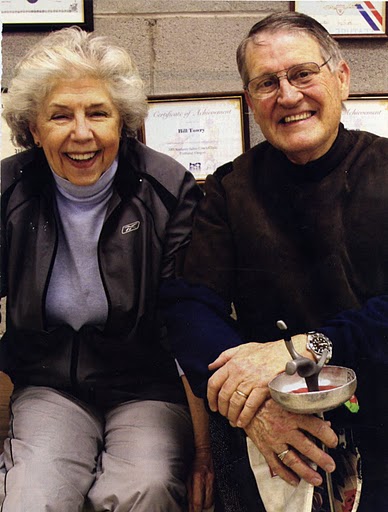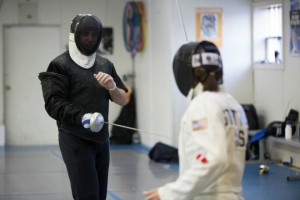
When Ruben Limardo-Gascon first picked up an epee, I suspect he lacked the swift footwork of Kolobkov, the unpredictability of Paolo Milanoli, or the amazing preparatory actions of Gauthier Grumier. I imagine Ruben Limardo-Gascon started the same way every fencer did– carte blanche, making the same common errors that every new fencer makes.
As a fencer begins his/her progression from beginner onward, errors are expected, inevitable, and a part of the difficult learning curve associated with fencing. So what are the two words you never want to hear as a coach? If you guessed “I’m pregnant,” you’re (only kind of) wrong. The words are “I’m sorry.”
There are many things in life to be apologetic for, but making mistakes when learning isn’t one of them. “I’m sorry” is a phrase appropriately used when one has wronged another (e.g. an accidental shot to your coach’s nether regions or a flat flick to the wrist). Far too often, I hear “I’m sorry” in the context of a lesson after a botched action, or to apologize for typical beginner mistakes.
As a fencer, it’s important to understand that coaches are in the business of correcting errors. In the unwritten contract between fencer and coach, the coach offers unwavering confidence in his students, loyalty, and a little bit of knowledge sprinkled in. In exchange, he receives the same from his students. To utter “I’m sorry” presupposes that there is a consequence for imprecise or improperly executed actions that are expected as part of the fencer’s learning curve. It is not the failure of the action itself that merits the coach’s scathing intervention or need for an apology; rather, a lack of effort and determination put forth by the student to execute said action.
A coach-student relationship that accepts “I’m sorry” as part of its dialogue opens the door to rigidity in the lesson, inviting in dismay over commonplace errors. Frustration due to personal disappointment can mount in a lesson, particularly as the complexity of the lesson increases. The coach must allay the student’s exasperation through pithy, quick corrections that do not disrupt the ebb and flow of the lesson, and attempt to end the lesson on a positive note so the fencer doesn’t exit the piste with a sense of helplessness.
Please take “I’m sorry” out of your lesson vocabulary and only apply it in the proper context. It is best reserved for meaningful incidents where one has truly wronged another. The coach should challenge his students to create errors—after all, without constant challenge, a student is unlikely to learn and elevate his game. So long as the student has put his best foot forward and exhibited hard work, a failed action should be met with well-communicated, concise correction, and move on to the next phrase of the lesson.
From the fencing community: What two words do you not want to hear?
Mark Washburn- “Safe Sport.”
David Ruskin- “Previous Coach.”
Brian Toomey- “No Time.”
Lisa Campi- “I have a laminated sign with the not symbol through “I’m sorry” “but I lost” and “I can’t””
Karl Pradel- “Mom says.”
Max Menaker- “I know.”
Matt Willis- “I’m tired.”
Damien is a competitive fencer and assistant coach at DC Fencers Club in Silver Spring, Md and Arlington Fencers Club. Damien was the coach of a London 2012 Olympic Athlete in Modern Pentathlon. He is an A-rated epeeist and was a member of the 2012 North American Cup Gold Medal Men’s Epee Team, and a Silver Medalist in the 2013 World Maccabiah Games.


